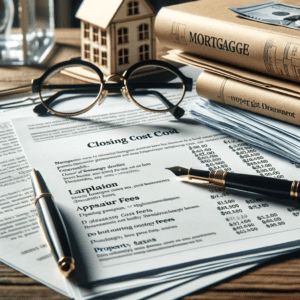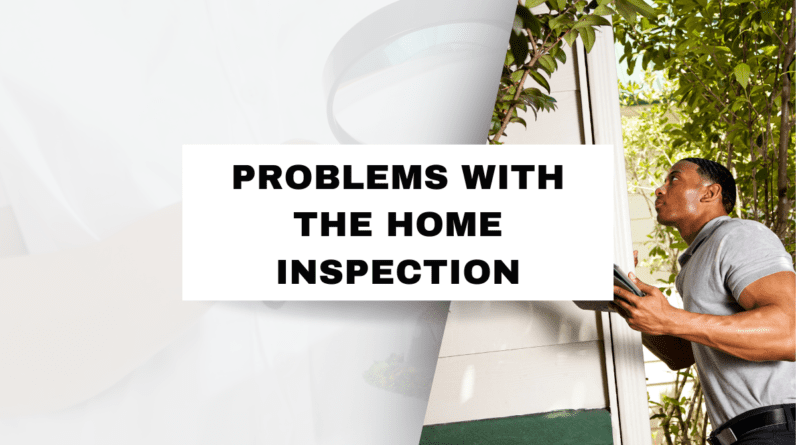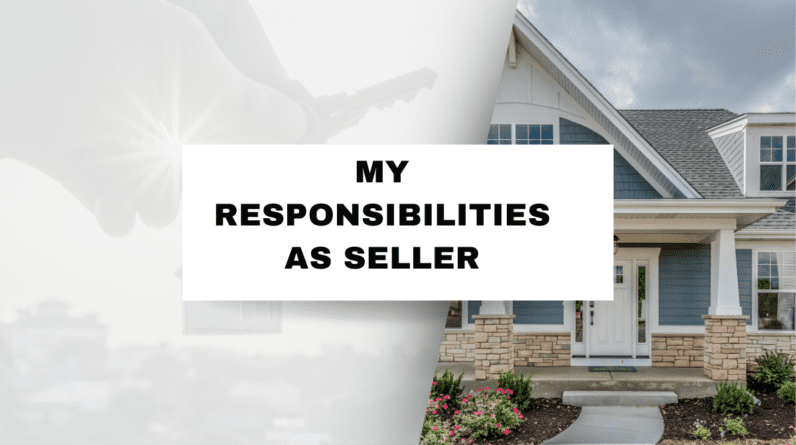Introduction
Bronxville, New York, is an affluent village nestled in Westchester County, approximately 15 miles north of New York City. Renowned for its charming downtown, exceptional schools, and vibrant community spirit, Bronxville has consistently ranked among the most desirable places to live in the tri-state area. As a result, the real estate market in Bronxville is highly competitive, with median home prices well above the national average.
When embarking on the journey of purchasing a home in Bronxville, understanding closing costs is crucial for making informed financial decisions. Closing costs represent the fees and expenses incurred in finalizing a real estate transaction, and they can significantly impact the overall cost of homeownership. Accurately estimating closing costs ensures that potential buyers are prepared for the financial obligations associated with purchasing a home in Bronxville.
Defining Closing Costs
Closing costs encompass the various fees and expenses associated with the finalization of a home purchase. These costs typically range from 2 to 5 percent of the purchase price, depending on factors such as the loan type, property value, and location. For instance, if a home in Bronxville is sold for $500,000, the closing costs could range from $10,000 to $25,000.
Closing costs can be broadly categorized into two main groups: buyer’s closing costs and seller’s closing costs. Buyer’s closing costs are borne by the individual purchasing the property, while seller’s closing costs are incurred by the individual selling the property.
Buyer’s Closing Costs
Buyer’s closing costs typically encompass a variety of expenses related to the financing, title insurance, and government fees associated with the home purchase. These costs can include:
-
Loan-related costs: Mortgage origination fee, discount points, appraisal fee, mortgage insurance
-
Title-related costs: Title search, title insurance, closing title insurance
-
Government fees and taxes: New York State transfer tax, local transfer tax, recording fees
-
Other expenses: Attorney fees, courier fees, survey fees

Seller’s Closing Costs
Seller’s closing costs generally involve expenses related to the sale of the property, including:
-
Real estate commission: A percentage of the sales price paid to the real estate agent(s)
-
Mansion tax: A state-imposed tax on certain high-value home sales
-
Mortgage prepayment penalties: Charges for early payoff of a mortgage
-
Attorney fees: Legal representation for contract review, disclosures, and closing proceedings
-
Property taxes: Prorated share of property taxes paid to the municipality for the time the seller owned the property
-
Homeowner’s insurance: Prorated premium for homeowner’s insurance coverage for the time the seller owned the property
Breakdown of Buyer’s Closing Costs
Loan-Related Costs
-
Mortgage Origination Fee: This fee, typically ranging from 1% to 2% of the loan amount, covers the lender’s administrative costs associated with processing and originating the mortgage.
-
Discount Points: These optional charges, paid upfront, can lower the mortgage interest rate by 0.25% to 0.5% for each point purchased.
-
Appraisal Fee: This fee, typically ranging from $300 to $500, covers the cost of having the property appraised to determine its fair market value, which is crucial for ensuring the lender’s loan-to-value ratio is within acceptable limits.
-
Mortgage Insurance: If the down payment is less than 20% of the purchase price, private mortgage insurance (PMI) is typically required to protect the lender in case of default. PMI premiums vary depending on the loan-to-value ratio and the borrower’s creditworthiness.
Title-Related Costs
-
Title Search: This thorough examination of the property’s title, conducted by a title company or attorney, aims to identify any liens, encumbrances, or other legal issues that could affect ownership.
-
Title Insurance: This insurance protects the buyer and lender against financial losses resulting from potential title defects that may not have been discovered during the title search.
-
Closing Title Insurance: This one-time premium provides title insurance coverage from the time the closing is completed until the buyer pays off their mortgage.
Government Fees and Taxes
-
New York State Transfer Tax: This tax, imposed on the transfer of real estate, is calculated based on the purchase price. In New York, the tax rate ranges from 0.4% to 1.925%, depending on the value of the property.
-
Local Transfer Tax: Some municipalities, such as Yonkers and Mount Vernon, levy an additional transfer tax on top of the state tax.
-
Recording Fees: These fees are charged for registering the deed and other documents with the county clerk’s office to officially record the change of ownership.
Other Expenses
-
Attorney Fees: Legal representation is often recommended to protect the buyer’s interests and ensure proper documentation throughout the closing process. Attorney fees typically range from $1,500 to $3,000.
-
Courier Fees: These fees cover the overnight delivery of documents and checks, which are often required for timely completion of the closing process.
-
Survey Fees: While optional, a property survey can be valuable in verifying property boundaries, encroachments, and potential easements. Survey fees vary depending on the size and complexity of the property.
Breakdown of Seller’s Closing Costs
Real Estate Commission
A significant portion of seller’s closing costs is typically allocated to real estate commissions. These commissions, typically ranging from 5% to 6% of the sales price, compensate the real estate agents who facilitate the transaction. Commissions are often split evenly between the buyer’s agent and the seller’s agent.
Mansion Tax
In New York State, an additional tax, known as the mansion tax, is imposed on certain high-value home sales. The mansion tax rate ranges from 1% to 1.425% of the sales price, depending on the value of the property.
Mortgage Prepayment Penalties
If the seller had a mortgage on the property and decides to pay it off before the end of the term, they may incur mortgage prepayment penalties. These penalties are charged by lenders to compensate for the lost interest revenue they would have earned over the remaining term of the mortgage.
Attorney Fees
Similar to buyers, sellers typically engage legal representation to review contracts, prepare disclosures, and ensure a smooth closing process. Seller’s attorney fees typically range from $1,500 to $3,000.
Property Taxes
Since property taxes are assessed annually, sellers are responsible for paying their prorated share of property taxes for the period they owned the property in the current year.
Homeowner’s Insurance
Similar to property taxes, sellers are responsible for paying their prorated share of homeowner’s insurance premiums for the period they owned the property in the current year.
Strategies for Managing Closing Costs
Given the significance of closing costs in a home purchase, it is crucial for potential buyers to employ effective strategies to manage these expenses:
1. Shop Around for Competitive Mortgage Rates and Fees:
Comparison shopping among different lenders can help secure the most favorable mortgage rates and origination fees, reducing the overall closing costs.
2. Negotiate with the Seller to Split or Cover Certain Closing Costs:
In some cases, buyers may negotiate with the seller to split or even cover certain closing costs, such as title insurance or transfer taxes.
3. Utilize Escrow Accounts to Spread Out Closing Costs Over Time:
Escrow accounts allow buyers to spread out the payment of closing costs over time, making them more manageable and less of a financial burden at the time of closing.
4. Seek Assistance from Real Estate Professionals and Financial Advisors:
Experienced real estate agents and financial advisors can provide valuable guidance on closing costs, including estimating potential costs, identifying cost-saving opportunities, and negotiating strategies.
By implementing these strategies, potential buyers can effectively manage closing costs and ensure a smoother financial transition into homeownership in Bronxville.
Conclusion
Purchasing a home in Bronxville, a highly desirable community, involves careful financial planning and consideration of various expenses. Closing costs, a significant component of the overall purchase price, can vary depending on several factors, including the property value, financing type, and local market conditions.
Understanding the breakdown of buyer’s and seller’s closing costs is crucial for potential homeowners to make informed financial decisions. Buyer’s closing costs typically encompass loan-related expenses, title insurance, government fees, and other miscellaneous charges. Seller’s closing costs generally involve real estate commissions, mansion tax, mortgage prepayment penalties, attorney fees, prorated property taxes, and homeowner’s insurance premiums.
To effectively manage closing costs, potential buyers should consider shopping around for competitive mortgage rates, negotiating with the seller to share or cover certain costs, utilizing escrow accounts to spread out payments, and seeking guidance from real estate professionals and financial advisors.
By carefully planning and strategizing, potential homeowners can navigate the closing costs process effectively and embark on the journey of homeownership in Bronxville with a clear understanding of their financial obligations.







